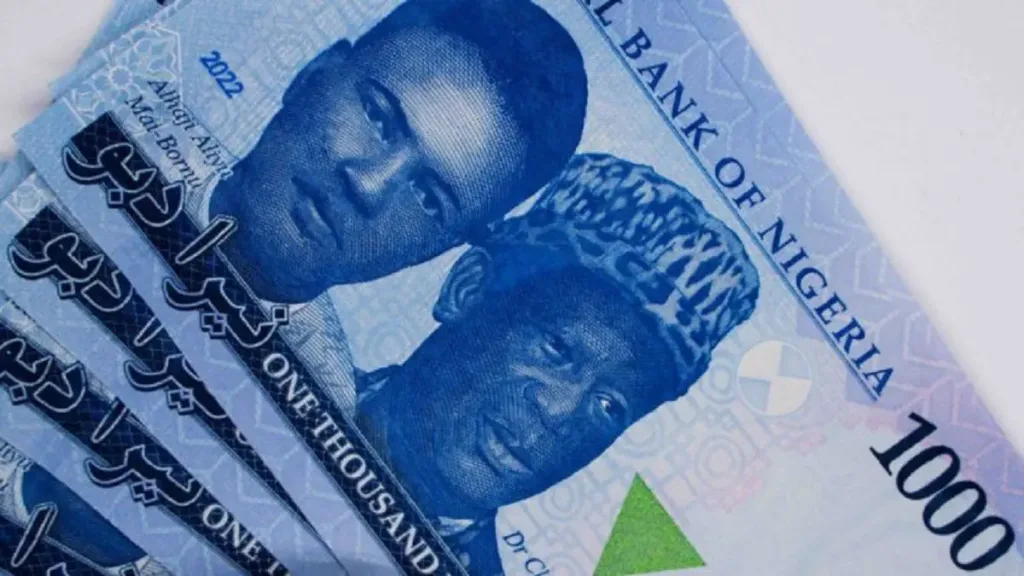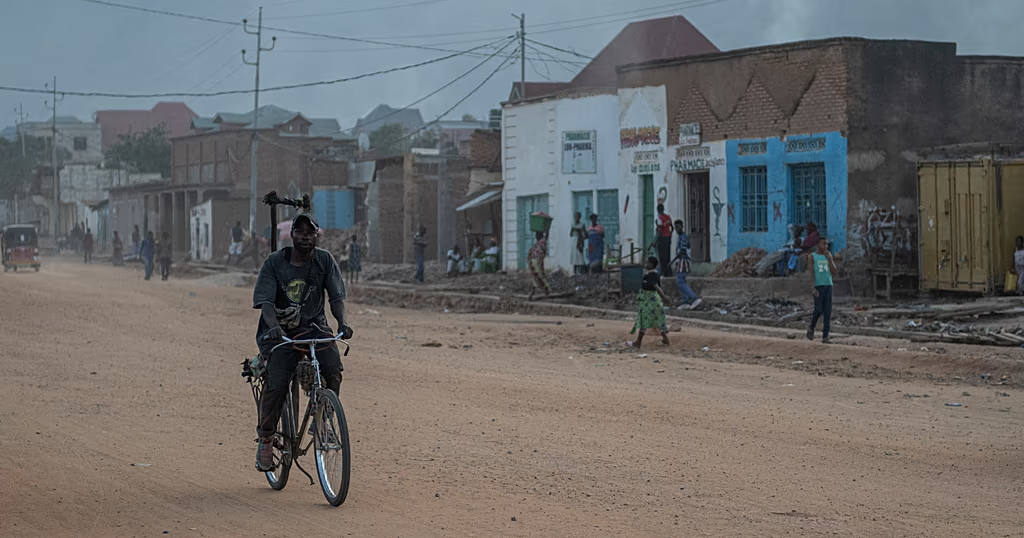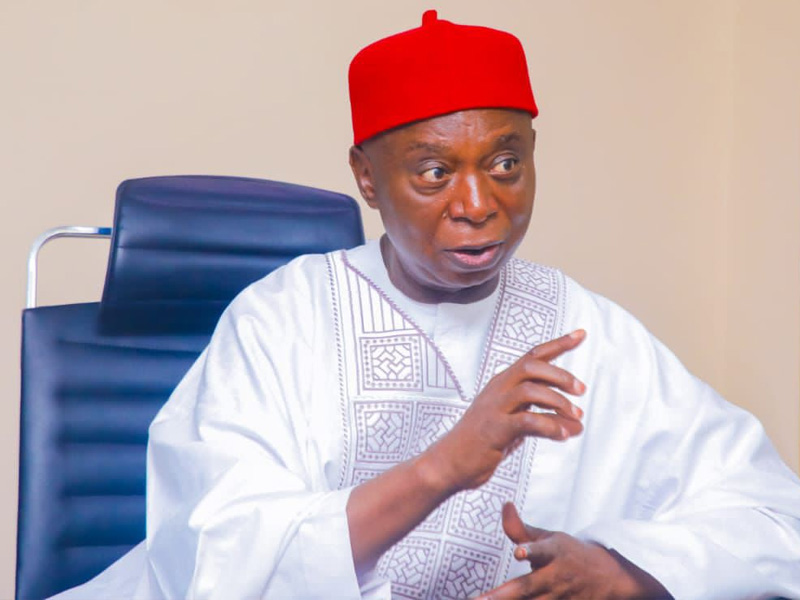Dar es Salaam, Tanzania — As the world grapples with the challenge of feeding a growing global population amidst the complexities of climate crisis and gender inequalities, the spotlight is on women. Women, who play a pivotal role in global agriculture and food systems, often bear the brunt of climate disruptions. To delve deeper into this critical issue, allAfrica’s Melody Chironda sat down with Dr. Debisi Araba, a renowned expert on gender and food security.
Dr. Araba, a visiting researcher at Imperial College London and a leading voice on the Malabo-Montpellier Panel, offers a unique perspective on the interconnected challenges of food security, gender equality, and climate crisis. While acknowledging the positive impact of policies promoting gender equality, Dr. Araba emphasizes the need for a cultural shift to achieve true gender equity. He argues that policies alone are not enough and calls for systemic change to address entrenched gender inequalities.
Highlighting the disproportionate impact of climate crisis on women, Dr. Araba stresses the urgent need to address gender equality within climate action plans. He explains how climate disruptions lead to reduced food production and lower nutrient content in crops, placing a heavier burden on women who are deeply involved in food production and household food security. Dr. Araba warns of a vicious cycle where climate crisis leads to hunger, which in turn fuels conflict, disproportionately affecting women and girls.
Amidst these challenges, Dr. Araba remains optimistic, pointing to successful policy innovations in countries like Rwanda, Togo, Ghana, and Ethiopia that have bridged the gender gap in agriculture and food systems. He emphasizes the importance of comprehensive strategies and plans to address the challenges posed by climate crisis, urging stakeholders to take concrete actions to ensure global food security.
Looking ahead, Dr. Araba calls for strategic planning and adaptation to climate crisis in the agricultural sector to meet the challenge of feeding a growing global population by 2050. He stresses the need for collaboration among farmers, governments, investors, entrepreneurs, and civil society activists to drive progress towards gender equality and climate action in the food system.
As the world navigates the complexities of climate crisis and gender inequalities, Dr. Araba’s message is clear: it’s time for action. The time for rhetoric is over; concrete actions and financial backing are needed to transform our food systems and ensure a sustainable future for all. Let’s heed his call to prioritize gender equality and climate action for global food security.



